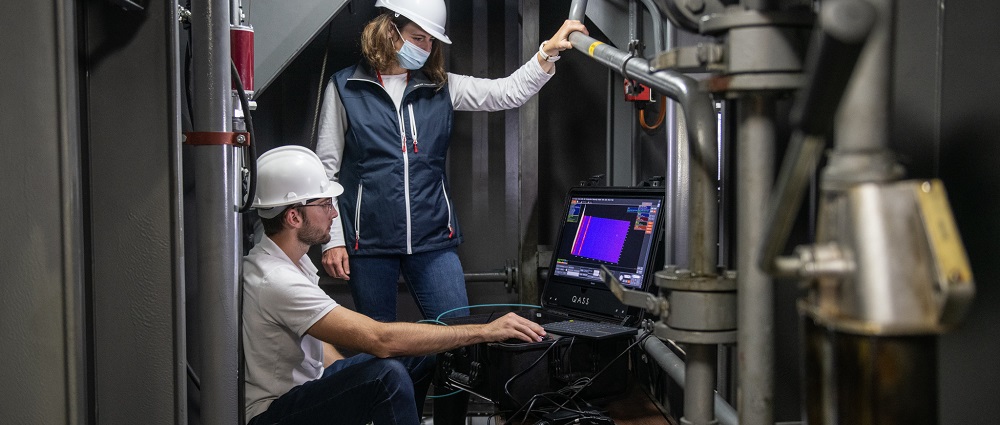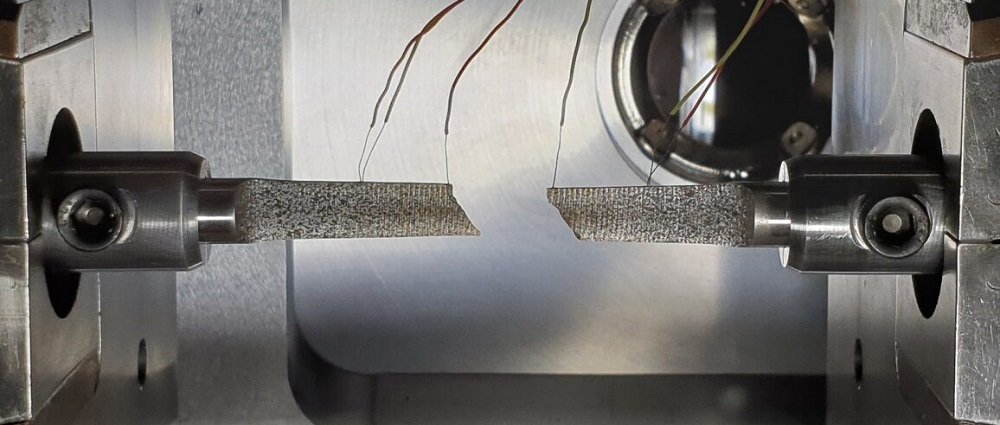Engineering
Mechanical and Mechatronic Engineering

The Department of Mechanical Engineering was established in 1944 and contributed a solid basis to
engineering training in South Africa. We are the first institution to offer a full degree programme in
Mechatronics. In 2006 our name was changed to the Department of Mechanical and Mechatronic
Engineering. In this environment of world-class research and teaching innovation, our alumni/students
are equipped for modern engineering challenges.



x
- Website: mecheng.sun.ac.za
- E-mail: Ms Gillian Cortereal – gillianc@sun.ac.za
- Facebook: Mechanical & Mechatronic Engineering – Stellenbosch University
- Instagram: mechengsu
